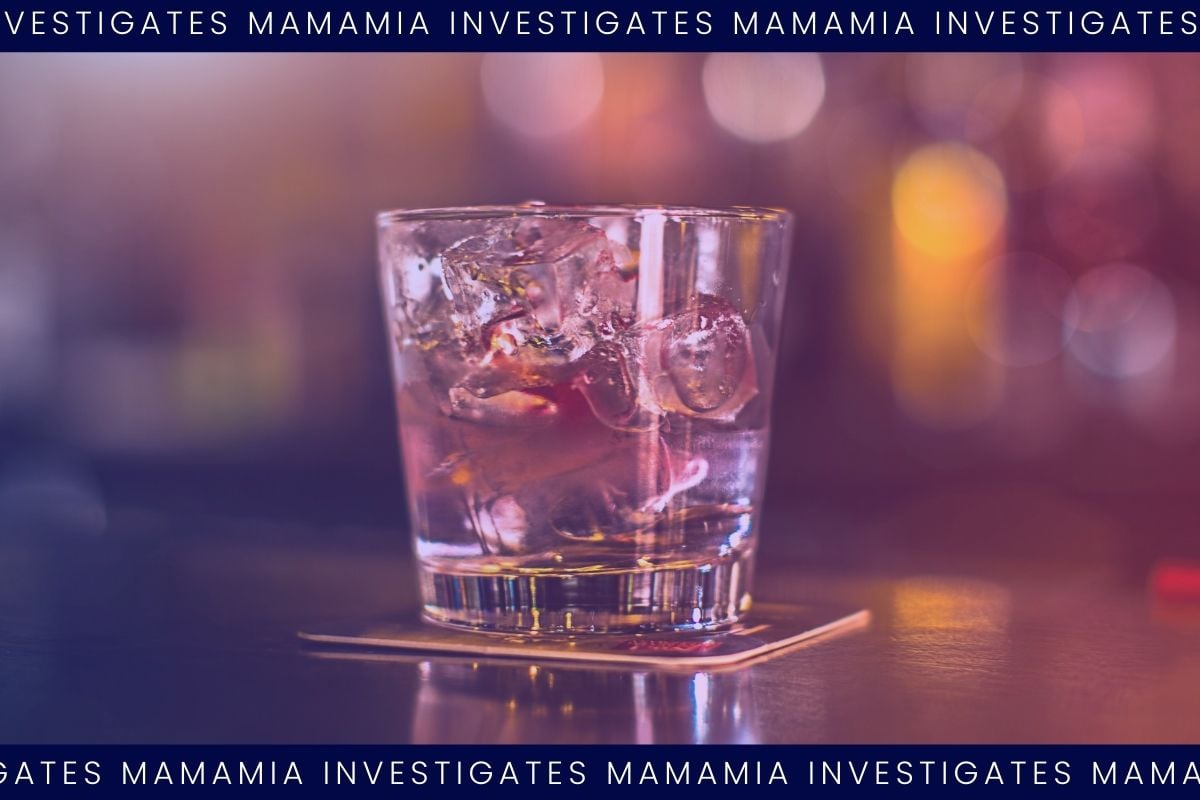
Content warning: This story mentions sexual assault and may be distressing to some readers. All names have been changed for privacy reasons.
This is part two of Mamamia's series into drink spiking. You can read part one here, which shares first-person experiences of drink spiking.
A packed nightclub, a stranger, a suspicious powder.
A young, unassuming target.
This is the image that 'drink spiking' would evoke in most of our minds.
But in Australia, drink spiking doesn't follow this narrative.
In fact, the Australian Institute of Criminology, found there is "no 'typical' incident" of drink spiking, which can happen to people of all ages, at all venues around Australia.
To shine a light on the reality of drink spiking and how the crime is actually committed, Mamamia surveyed 50 people who have had their drink spiked.
Here are six common misconceptions they want you to know.
1. That drink spiking only happens when you're around strangers.
When Mamamia asked people to submit stories about their own experiences of drink spiking, many came with comments asking people to reassess their beliefs about who commits this crime.
"[People think] if you don't put your drink down it can't be spiked [and that] people you know, or friends of friends would never spike your drink. Both are wrong," said Kate.
"It can happen anywhere at any time and could be done by anyone," said Riley.
